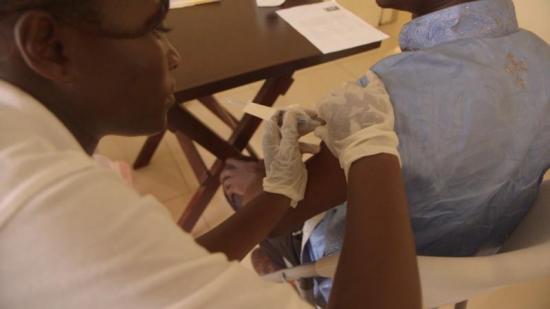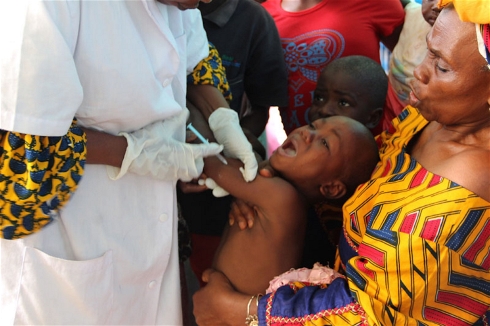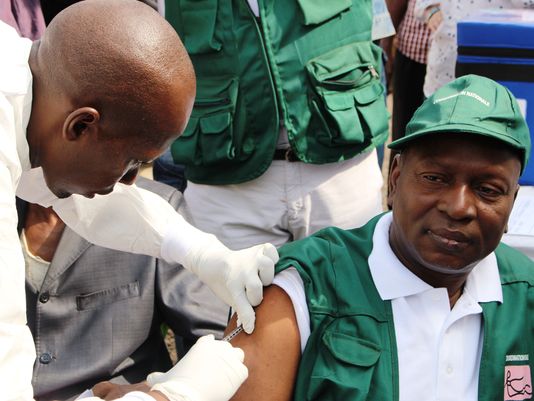You are here
Thu, 2015-01-08 20:48 — mdmcdonald
Information on vaccines to counter Ebola and other diseases
The Mission of this group is to follow the development of vaccines and other medications to counter Ebola and other diseases.
Add Content to this group
Members
| Kathy Gilbeaux | mdmcdonald | MDMcDonald_me_com | mike kraft |
Email address for group
vaccines_global@m.resiliencesystem.org









Recent Comments